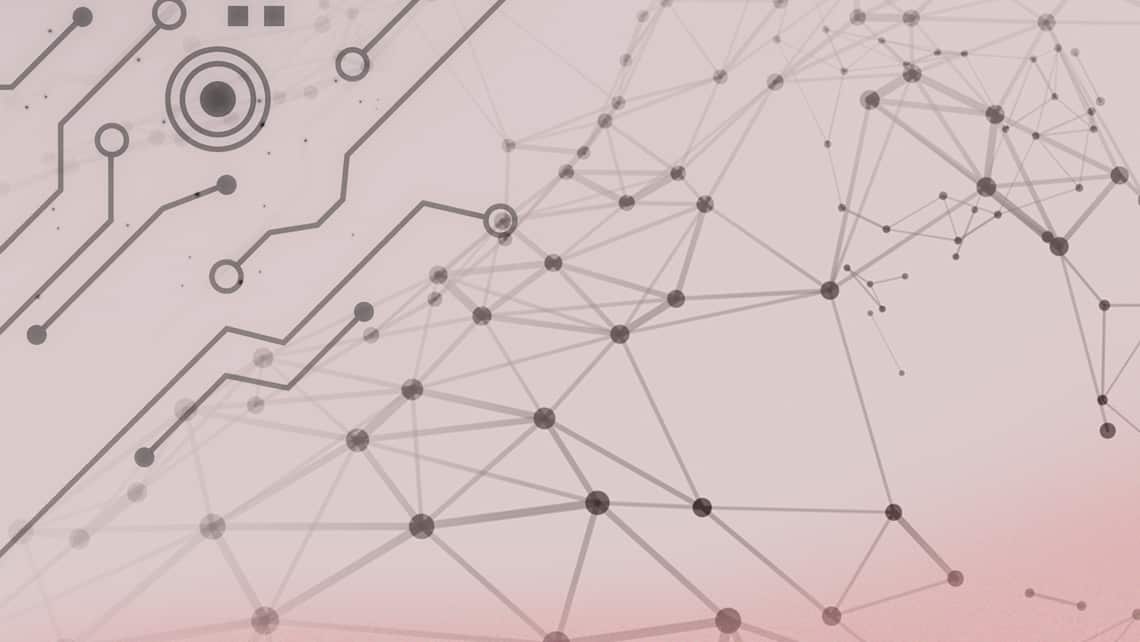
Artificial Intelligence and Assisted Reproduction
Since 1955, when John McCarthy coined the term Artificial Intelligence (AI) and the development of powerful computers with great capacity for data analysis and storage, a multitude of applications and information based on AI have emerged in recent years. Unlike natural intelligence, shown by humans and animals, in this case it is computers that have the capacity to learn and show intelligence.
Undoubtedly, the development of digital technology has caused a huge boom at medical level. AI can establish relationships between a large amount of biomedical data through the use of complex algorithms. This makes possible to improve the accuracy of medical guidelines, increase knowledge in certain areas, reduce diagnostic errors and make predictions in real time.
Índice
How can Artificial Intelligence help Assisted Reproduction?
Assisted reproduction is another medical area in which AI is also being implemented in recent years to help decide on the most appropriate work protocols (for example, those related to controlled ovarian stimulation), offer more reliable diagnoses based on the analysis of a large volume of data (Big Data) or improve embryo selection criteria to increase the probability of implantation and evolutionary gestation.
Can AI improve my in vitro fertilisation (IVF) treatment?
In addition to the possible benefits mentioned in the previous section, AI is able to perform predictive models based on patient characteristics and all the information from previous cycles. The aim is to personalise reproductive treatment in order to offer maximum guarantees of pregnancy. However, caution must be exercised and it’s necessary for AI to be nourished by reliable, contrasted and correctly entered into the systems data. Otherwise, it could have the opposite effect and be detrimental to patients. Furthermore, prospective and reproducible studies are needed to test the algorithms used in each case.
Artificial Intelligence (AI) at Instituto Bernabeu’s laboratories
Instituto Bernabeu is developing several projects based on AI, in which certain algorithms are being tested on the basis of information generated by thousands of patients and embryos. In general terms, these algorithms are aimed at ensuring that patients obtain the birth of a healthy baby in the shortest possible time.
One of them has been accepted as an oral communication at the European fertility congress (https://www.institutobernabeu.com/es/actualidad/una-investigacion-del-instituto-bernabeu-aplica-la-inteligencia-artificial-para-predecir-el-mosaicismo-y-las-aneuploidias-en-el-embrion/). This study tries to find a predictive model in which we can establish the probability of having an embryo with a chromosomal alteration (aneuploidy) in an in vitro fertilisation (IVF) cycle. The aim is to identify couples who are at risk of having an embryo with aneuploidy and/or embryonic mosaicism. These couples could benefit from the preimplantation genetic diagnosis technique for aneuploidy (PGT-A) carried out on the blastocyst on the fifth/sixth day of embryo development. This would increase the number of gestations that are evolutionary and lead to the achievement of a healthy child.
Following the same line as the previous project, during these days in Toledo, within the Congress of the Spanish Association for the Study of Reproductive Biology (ASEBIR), another study in which we try to identify through AI those factors that increase the risk of suffering a biochemical miscarriage after the transfer of chromosomally normal embryos (euploid) in PGT-A cycles.
Finally, and prospectively, we are also developing a research project based on AI in which we are trying to find an embryo selection algorithm capable of predicting and identifying the embryo with the greatest implantation potential. In this case, the study is based on the analysis of new morphological and morphokinetic parameters of the embryo evaluated by time-lapse, as well as parameters of the patients themselves and extracted from their clinical history.
Dr. Jorge Ten, director of the Embryology Unit of Instituto Bernabeu
